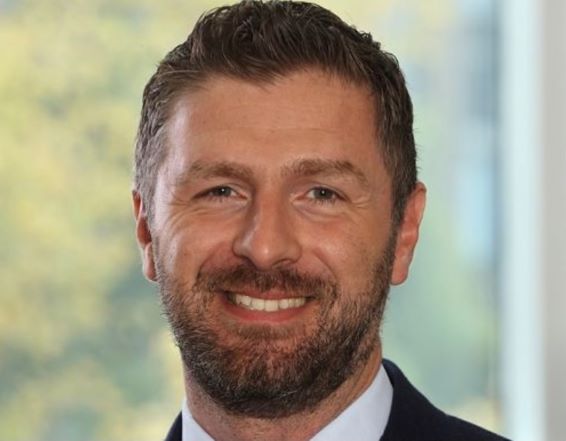By Anna Wassermann
The Cardiac Surgery team at St. Michael’s Hospital of Unity Health Toronto is the first in Ontario to complete a minimally invasive maze procedure to treat atrial fibrillation – the most common type of irregular heart rhythm.
The maze procedure is an effective surgical treatment for atrial fibrillation but it’s highly invasive and requires a lengthy recovery time. The minimally invasive technique used by surgeons at St. Michael’s will help patients with atrial fibrillation who haven’t found success with other treatments options, including medication and transcatheter ablation – a procedure that uses a small catheter to deliver energy to the heart, destroying the heart tissue causing the irregular rhythm.
“Our minimally invasive method achieves the same results as the traditional maze procedure but uses less invasive endoscopy techniques,” said Dr. Gianluigi Bisleri, the Cardiac Surgeon at St. Michael’s who led this procedure. “It’s going to improve care for patients with atrial fibrillation in Ontario who require surgical intervention.”
The technique used by Dr. Bisleri and his team involves a small, 1.5 inch incision on the side of the chest. A miniaturized camera and dedicated instruments are inserted to see the heart and then a probe is used to create barriers of scar tissue throughout the upper chambers of the heart. These barriers, which sometimes look like a maze, block the electrical signals causing the irregular rhythm.
The maze procedure is traditionally performed by opening the chest and stopping the heart. Dr. Bisleri and his team spent weeks preparing to be the first team to use the minimally invasive technique.
“We had time and space to practice the procedure in the operating room with all the necessary equipment,” said Dr. Bisleri. “We were able to complete several dry runs, which made a huge difference.”
Dr. Bisleri completed his medical education and cardiac surgical training in Italy before being recruited to Queen’s University and Kingston Health Sciences Centre in 2016, where he expanded the use of minimally invasive techniques for heart surgery in eastern Ontario.
His work in Kingston caught the attention of Heart and Vascular Program leadership at St. Michael’s, who recruited the cardiac surgeon to help build the first comprehensive minimally invasive cardiac program at the hospital – and in the city. He joined St. Michael’s in January.
“Recruiting Dr. Bisleri adds a critically important piece to our innovative Structural Heart Program, which to date has focused on cutting edge transcatheter heart valve therapies and traditional approaches to mitral valve surgery, including mitral valve repair,” said Dr. Mark Peterson, Medical Director of the BRAIN&HEART program at St. Michael’s and co-Director of the hospital’s Structural Heart Program.
The mitral valve separates the heart’s left atrium and left ventricle and ensures blood flows properly between them. Sometimes, it stops working properly and needs to be repaired.
“We’re committed to supporting Dr. Bisleri and the creation of an arrhythmia and minimally invasive mitral valve program. Minimizing the incision will allow patients to have high-quality mitral valve repair while regaining function and returning to their normal routine more quickly.”
For Dr. Bisleri, the promise of getting patients back on their feet more quickly – and being able to offer these minimally invasive procedures on a routine basis – is exciting.
“We have an opportunity here to position ourselves as a leader in this space, to show patients in need of cardiac surgery that in many instances, we can treat their condition without putting their heart and body through the stress of a major operation,” he said.
Two months into his new position, he’s already showing that this is possible. He’s now completed two minimally invasive maze procedures; in the second, he also repaired a patient’s mitral valve using minimally invasive techniques.
“I feel fortunate to be part of an organization that encourages innovation and that supported me in this novel endeavour,” said Dr. Bisleri. “I look forward to achieving even more firsts and expanding the portfolio of minimally invasive cardiac procedures with the support of the organization behind me.”
Anna Wassermann is a communications advisor at Unity Health Toronto.




